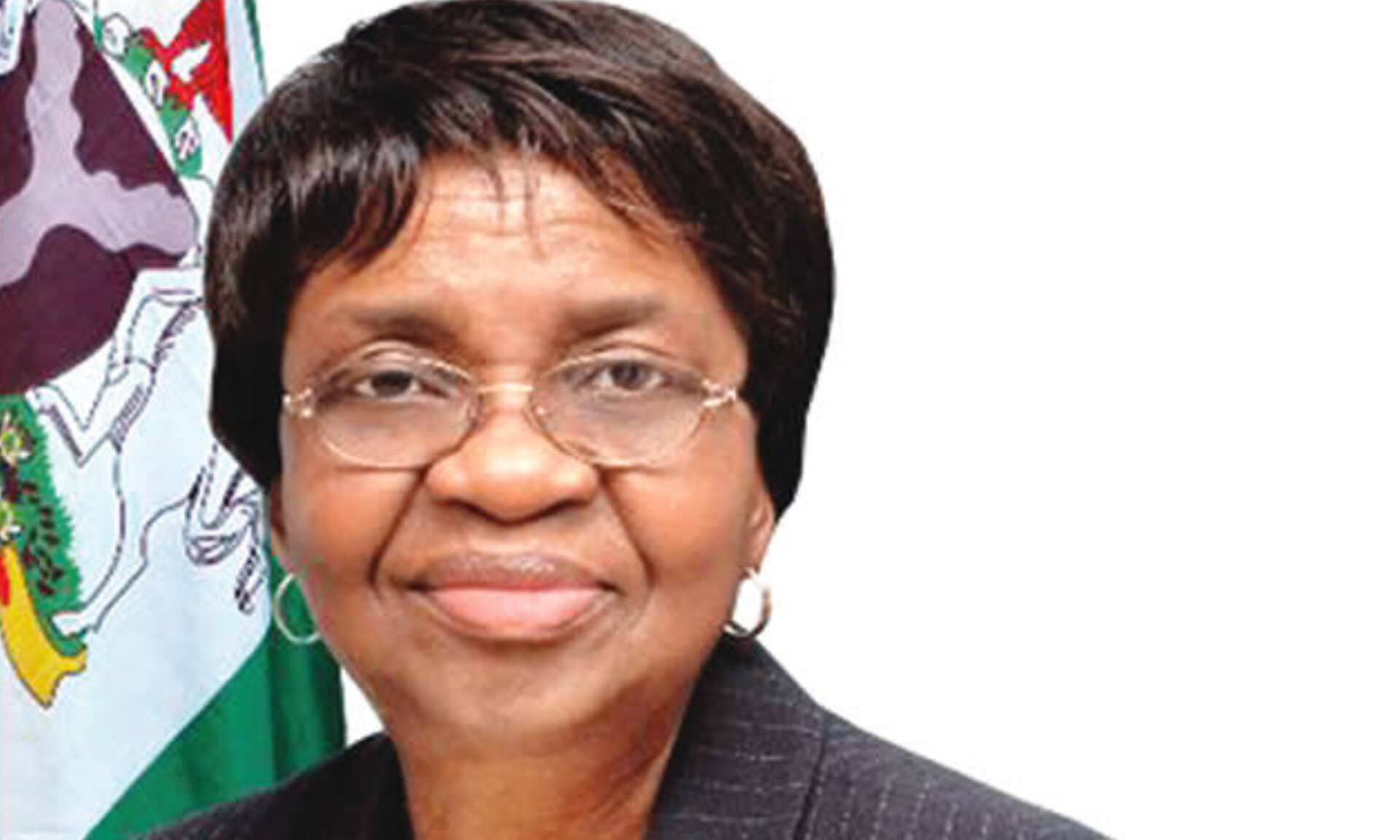In a decisive move to tackle the growing menace of falsified and substandard medical products, the National Agency for Food and Drug Administration and Control (NAFDAC) has unveiled a suite of innovative regulatory tools aimed at safeguarding public health and enhancing pharmaceutical traceability in Nigeria.
The initiatives were announced at a two-day stakeholder sensitisation workshop that commenced Tuesday in Lagos, drawing participants from the medical, pharmaceutical, military, and regulatory sectors.
Speaking at the event, NAFDAC’s Director-General, Prof. Mojisola Adeyeye, represented by the agency’s Director of Post-Marketing Surveillance, Fraden Bitrus, described the new interventions as vital weapons in Nigeria’s fight against counterfeit medicines.
Among the highlights is the NAFDAC Green Book, an online verification database enabling healthcare professionals, pharmacists, and the public to authenticate registered medical products by inputting a product name, brand, or NAFDAC registration number.
“These counterfeit products are produced by unscrupulous local and foreign collaborators whose sole aim is profit at the expense of human lives. The Green Book is a digital tool to expose and eliminate these dangers from our healthcare system,” Bitrus stated.
New Pharmaceutical Traceability Regulations
In a landmark policy shift, NAFDAC also introduced the Pharmaceutical Products (Traceability) Regulation 2024, mandating that every medicine distributed in Nigeria must now carry a unique identifier. This system enables comprehensive tracking of products from manufacturer to end user, ensuring swift response to any breaches or quality concerns.
Bitrus revealed that Nigeria has become the first country in Africa and the second globally to adopt this advanced pharmaceutical traceability framework, following its successful pilot during the COVID-19 vaccine rollout.
“During the pandemic, substandard vaccine batches were identified and recalled within 24 hours. We are now extending this system to other priority medicines, including antiretrovirals and narcotics,” he explained.
Mobile Drug Verification and Paediatric Drug Safety
The workshop also featured a demonstration of NAFDAC’s Scan-to-Verify App, a mobile application that allows consumers and health workers to instantly verify the authenticity of medical products using their smartphones.
In addition, NAFDAC announced the Paediatric Regulation 2024, a specialised framework designed to ensure medicines produced for children meet the highest safety, quality, and efficacy standards.
“Children are not miniature adults — they have unique physiological needs, and this regulation ensures we protect them adequately,” Bitrus affirmed.
Collaborative Action Urged Across Health Sectors
Addressing participants, Mrs Roselyn Ajayi, NAFDAC’s Southwest Zonal Director, emphasised the necessity of shared responsibility in the fight against counterfeit medicines.
“NAFDAC cannot win this battle alone. We need collaborative partnerships across public, private, and military sectors. The regulatory landscape is evolving, and proactive engagement with stakeholders is crucial,” she said.
Representing the Nigerian Army Medical Corps, Col. Zaidi Mustapha commended the agency’s proactive initiatives.
“This workshop equips our personnel with the tools and knowledge to enhance healthcare delivery and drug safety, particularly for vulnerable populations. We urge all healthcare professionals to support these vital reforms,” he remarked.
Why This Matters
Nigeria has long battled with the scourge of counterfeit drugs, a crisis responsible for thousands of preventable deaths annually. These latest digital tools and regulations are expected to transform pharmaceutical safety oversight and protect millions of Nigerians from harmful and substandard medications.



